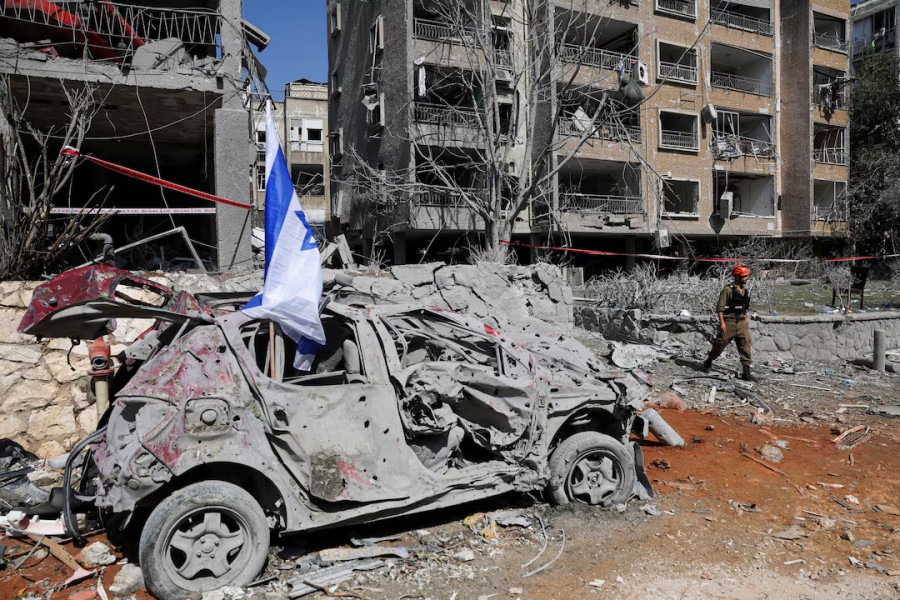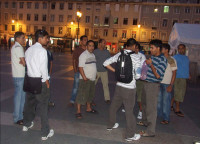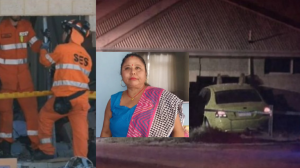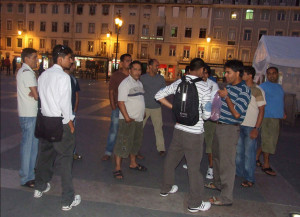Nepali Diaspora
Nepali workers in Israel speak of fear and sleepless nights amid missile attacks
The recent escalation follows Israel’s largest-ever aerial assault on Iranian targets early Friday.
Hom Karki
As tensions escalate between Iran and Israel with waves of missile and drone strikes, Nepali migrant workers in Israel say they are living in constant fear, describing a terrifying reality of sirens, shelter runs, and sleepless nights.
The recent escalation follows Israel’s largest-ever aerial assault on Iranian targets early Friday. In response, Iran launched salvos of ballistic missiles and drones that struck areas including Tel Aviv, killing at least three people and injuring over 80, according to Israeli media.
Geeta Subedi, chair of the Overseas Nepali Forum in Israel, shared her experience with The Post. “We haven’t slept in two nights. Around 5 am Saturday, it felt like the sky was raining missiles. You can’t help but be scared. The blasts are no longer isolated — they come in bursts. When they hit, it feels like your heart skips a beat,” she said.
Despite the fear, Subedi confirmed that they are following official safety procedures. “Previously, sirens would sound just two to three minutes before impact. Now, alerts come 20 minutes in advance, which gives us enough time to reach a bunker. We strictly follow the Israeli government’s safety protocols,” she said.
Manju Thapaliya, a caregiver from Jhapa stationed in Tel Aviv, said a missile landed just 5 to 7 kilometres from her location. “We’ve been spending most nights inside bunkers. I’ve had to go back and forth between my room and the street bunker six times between 8 pm and 5 am There’s no bunker in our apartment, so we run to the one nearby whenever the siren goes off,” she said.
Despite the continuing attacks, Thapaliya said there was a lull in missile activity after 5 am Saturday. “I’m actually back at work now, but we’re constantly alert,” she added.
Approximately 7,000 Nepalis are working in Israel, with over 2,000 employed as caregivers. The Ministry of Foreign Affairs has stated it is closely monitoring the ongoing situation between Iran and Israel. The Nepali Embassy in Tel Aviv has urged all citizens to follow updates from Israel’s Home Front Command and observe safety instructions.
Nepal’s Ambassador to Israel, Dhan Prasad Pandit, said the embassy is in regular contact with Nepali workers. “We’ve told everyone to report any emergency to the embassy immediately. Some have expressed concern that their bunkers are inadequate. New arrivals, especially those who reached just a month ago, are naturally more afraid. We’re urging them to remain calm and strictly follow Israeli safety protocols,” he said.
“As this is a time of war, one must act with utmost caution. Unnecessary movement should be avoided, and safety should be the top priority,” Pandit added.




 16.12°C Kathmandu
16.12°C Kathmandu













